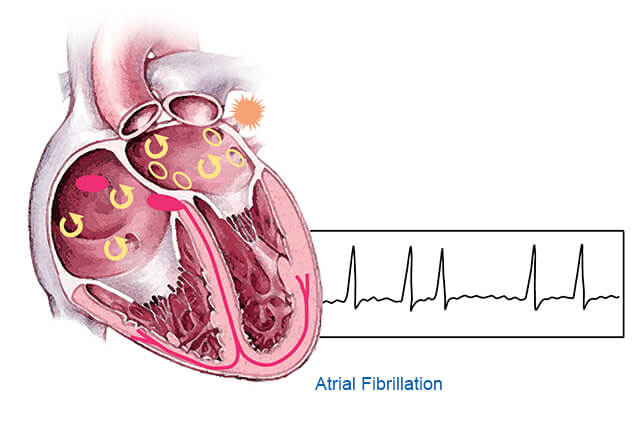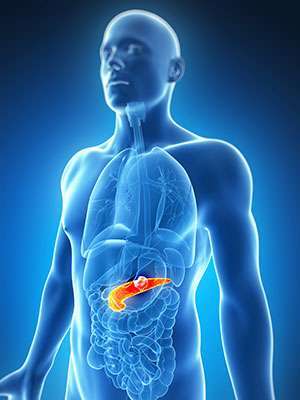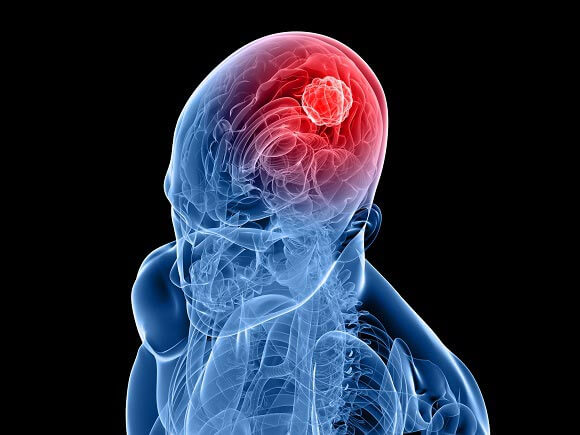
Heart disease (also known as cardiovascular disease or CVD) is a term used to describe a range of damaging heart conditions. It's the leading cause of death in the United States, with nearly 700,000 passing from heart disease yearly.
Although heart disease statistics are nerve-wracking, the common forms are often preventable. Lifestyle choices can make all the difference in your long-term heart health. What are the main types of heart disease? What are the risk factors? And how can you ensure your heart stays healthy?
Types of heart disease
There are dozens of types of heart disease, yet a handful are considered the most common. The first is coronary heart disease. This condition results from a build-up of plaque in the heart. Coronary heart disease has three subtypes: coronary artery disease (plaque in the arteries leading to the heart), peripheral artery disease (plaque in the arteries leading to the limbs), and carotid artery disease (plaque in the arteries leading to the brain). Coronary heart disease can result in chest pain, heart attack, and stroke. Coronary heart disease often develops due to poor lifestyle choices.
Another common form of heart disease is heart failure. Unlike a heart attack, heart failure occurs slowly, often across an individual's lifetime. Rather than suddenly stopping, the heart fails to pump blood to the heart's capacity, so oxygen can't move throughout the body. This can lead to fatigue, shortness of breath, and continual heart-related complications. Coronary artery disease may develop into heart failure.
One final common heart disease is valvular heart disease. This occurs when any valves within the heart fail to facilitate blood flow in and out of the heart, either because of disease, deformation, or damage. When the valves are damaged, the heart has to overcompensate when pumping blood, which increases your risk of cardiac arrest.
Heart diseases vary in symptomatology, onset, and treatment, so it's important to check in with a healthcare provider if you suspect you may have a heart condition.
Risk factors for heart disease
Heart disease may be caused by lifestyle choices, genetics, medical conditions, or a combination. In many cases, heart disease is preventable. Poor diet, a lack of exercise, stress, and heavy smoking/alcohol use are linked to increased heart disease. Alternatively, balanced meals, a regular workout routine, stress management, and eliminating smoking could prevent up to 90% of heart disease cases.
Genetics can also take a toll on your heart. If you have a family history of heart disease, it may increase your chances of developing the condition yourself. Shared environmental traits often facilitate familial heart disease, such as limited access to healthy food or living in a high-stress atmosphere.
In some cases, people are born with deformations to the heart's structure, such as misshapen valves or holes in the heart. This is known as a congenital heart defect/disease. As a pre-existing condition (often inherited), nothing can prevent these congenital disorders, but surgeries are common in infancy to correct deformations. Those with defects must be extra heart-conscious to prevent heart disease in adulthood.
Other medical conditions can also exacerbate heart problems. High cholesterol increases your risk of coronary artery disease. High blood pressure strains your valves and arteries. Diabetes and excess glucose can harm your arteries over time. Managing related medical conditions is crucial to preventing heart disease.
Diagnosing and treating heart disease
Heart disease is diagnosed through a healthcare professional, specifically a cardiologist. Cardiologists are trained to carry out heart-related testing, such as heart ultrasounds, chest X-rays, electrocardiograms (EKGs), and Holter monitoring (studying heart activity over several days). They can interpret your symptoms and test results to determine heart disease.
Heart disease treatment may require both personal and medical intervention. Management of heart disease often comes down to making changes to your lifestyle. Developing a low-cholesterol diet, exercising, managing stress, and eliminating smoking are important steps. A healthier routine can prevent continued damage.
Depending on the type of heart disease and the location/amount of damage, medical care may include medications or operations. These may lower high cholesterol/blood pressure, widen your arteries, or reduce your risk of blood clotting. Some types of heart disease may require a more drastic intervention, such as heart surgery to clear blocked arteries, the installation of a pacemaker, or a heart transplant. Cardiac rehabilitation—a monitored program that instills healthy habits, physical therapy, and psychological counseling—may also be recommended.
A diagnosis of heart disease does not have to limit your goals for the future. Talk to your healthcare provider about heart-healthy steps to manage symptoms and prevent further damage to your heart.
Resource links
"Cardiovasucular disease" via NHS inform
"Types of Cardiovascular Disease" via New York State Department of Health
"What is Heart Failure?" via American Heart Association
"About Heart Disease" via CDC
"Heart disease" via Mayo Clinic
"Valvular Heart Disease" via CDC
"Know Your Risk for Heart Disease" via CDC
"Newsroom" via Cleveland Clinic
"Heart Disease - Diagnosis" via Mayo Clinic
"How Cardiac Rehabilitation Can Help Heal Your Heart" via CDC
"Leading Causes of Death" via CDC
"What are Congenital Heart Defects?" via CDC
"Treatment - Coronary heart disease" via NHS




